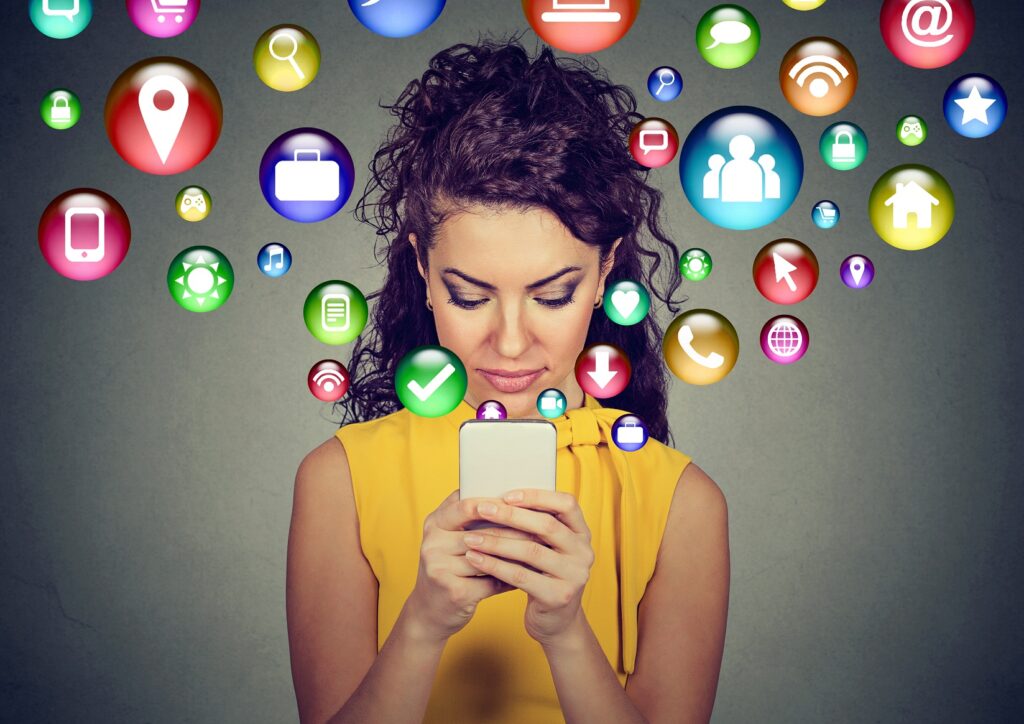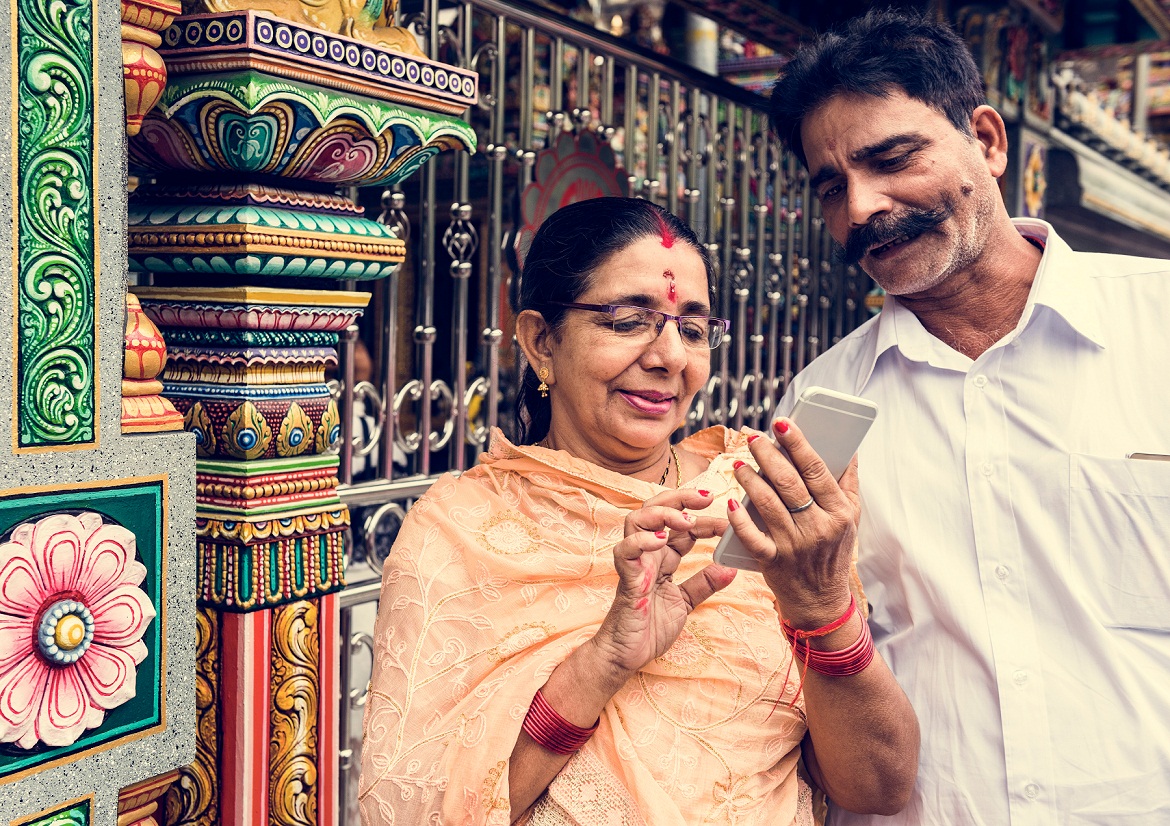Is Social Media Bad for You?
Surprisingly, there’s a positive side too

Are you often overwhelmed and deflated after spending hours on Instagram? Do you frequently wonder if your body, self-esteem, and achievements are sufficient after using too much social media?
There have been many studies investigating the detrimental aspects of social media. Those studies are legitimate. For example, social media addiction is an issue for many young people around the world.
However, there is a positive side to social media. It allows people to connect, share, get news and information, and even meet others.
The positive aspects of social media
If used wisely, social media may positively impact our mental health. Here are some of the advantages that social media may have on our mental health that is often overlooked:
Close relationships and reminiscing about previous interactions are linked to greater well-being: particularly sharing messages, posts, and comments with them. During the COVID-19 epidemic, mental health issues such as social isolation were common, and this, in turn, was linked to a range of health problems – both physical and mental. Isolation is the result of social distancing. According to MesfinBekala, a Harvard School of Public Health researcher, “Routine use of social media may compensate for the loss of face-to-face interactions in people’s busy lives.” Social media, therefore, “can provide individuals with a platform to overcome the barriers of distance and time to connect and reconnect with others, thereby expanding and strengthening their networks and connections.”
Individuals can express themselves freely and share their mental health experiences without being concerned about being stigmatised. It allows for connection with strangers who speak openly about their lives. In the Covid-19 era, being open and honest has become one of the essential characteristics of social media.
Social media can motivate healthy lifestyle changes. Such as quitting smoking or exercising frequently. When posting about their goals on social media, people are more likely to hold themselves accountable to others, receive positive support from their friends, and stimulate an online “social support system” that may lead them to create or join similar groups. While virtual communication on social media may not have the same psychological benefits as face-to-face communication, it may still help you maintain your social connections and boost your well-being in various ways.
The negative aspects of social media
According to several studies, social media use is associated with depression, anxiety, and loneliness. People who frequently use social media are less satisfied with life than those who invest more time in non-social media activities.
When you open a social media app or website, the content you see is unknown, resulting in a spontaneous reward and releasing dopamine—the same chemical associated with sex and food—in your brain.
There are two potential issues with focusing too much on the reactions you get (or don’t) on the content you share. If you post an image hoping to be liked or liked and don’t receive the feedback you desire, you might feel disappointed or invalidated. You may also feel disappointed when comparing your posts with those of others. These issues may cause low self-esteem, a distraction from other tasks, and psychological issues like anxiety or depression.
Even though you realise that posts have been filtered and carefully picked, you may be unable to match other people’s lives because you constantly see excellent pictures. Rather than making you look different online, filters should be seen as a fun tool.
Another motivation for incessantly checking social media is FOMO, or the fear of missing out. You may feel compelled to constantly check social media to avoid missing out on a message, joke, or other pieces of information that connect you to your peers.

Constant checking and scrolling, however, may hurt school work and studies. Distractions may lead to procrastination, lower information retention, and higher stress levels. Seeing posts from others having a good time, for example, may cause feelings of exclusion, loneliness, or anxiety.
How to use social media wisely
You might start by asking yourself what function it plays in your life. You might be using it as a distraction from a recent loss or a challenging work environment, for example, or you might always keep your phone close by and scroll a lot.
Using social media apps in the evening may disrupt your sleep. Furthermore, using these applications first thing in the morning might set a negative tone for the rest of your day. Leaving your phone in another room as you go to sleep or using a digital or analogue alarm clock might help. The alarm will still be audible, but it will be out of reach. Instead of filling your day with mindless activities, nourish your mental health by scheduling meaningful activities.
Spend a few days paying attention to the content that negatively impacts your mental health. Then choose the people and organisations you follow. You can also seek out content that inspires and lifts your spirits.
Prepare yourself for success
Social media’s effect on mental health depends on how you utilise it and why.
A detox story on social media may have tempted you to quit cold turkey. To be honest about your willingness to avoid social apps, you should be willing to take a complete break from all your social apps.
Setting higher expectations than you want to can lead to a cycle of shame, which in turn may fuel more of the behaviours you want to reduce. What are some reasonable boundaries for you? Can you experiment with avoiding social media for a day? Can you keep your mobile phone far away to avoid it?
We might seek comfort and distraction on social media in times of crisis, making it a chew toy for our anxious and troubled brains. Instead of punishing or criticising yourself for scrolling, try a hefty dose of compassion for yourself.
It’s not always easy to understand or navigate your relationship with social media. If you become entangled in the details, a therapist may be able to provide additional assistance.
If you or a loved one is having an emotional, addiction, relationships, parenting or psychological issue, call +91 9000850001 or click www.hopetrustindia.com